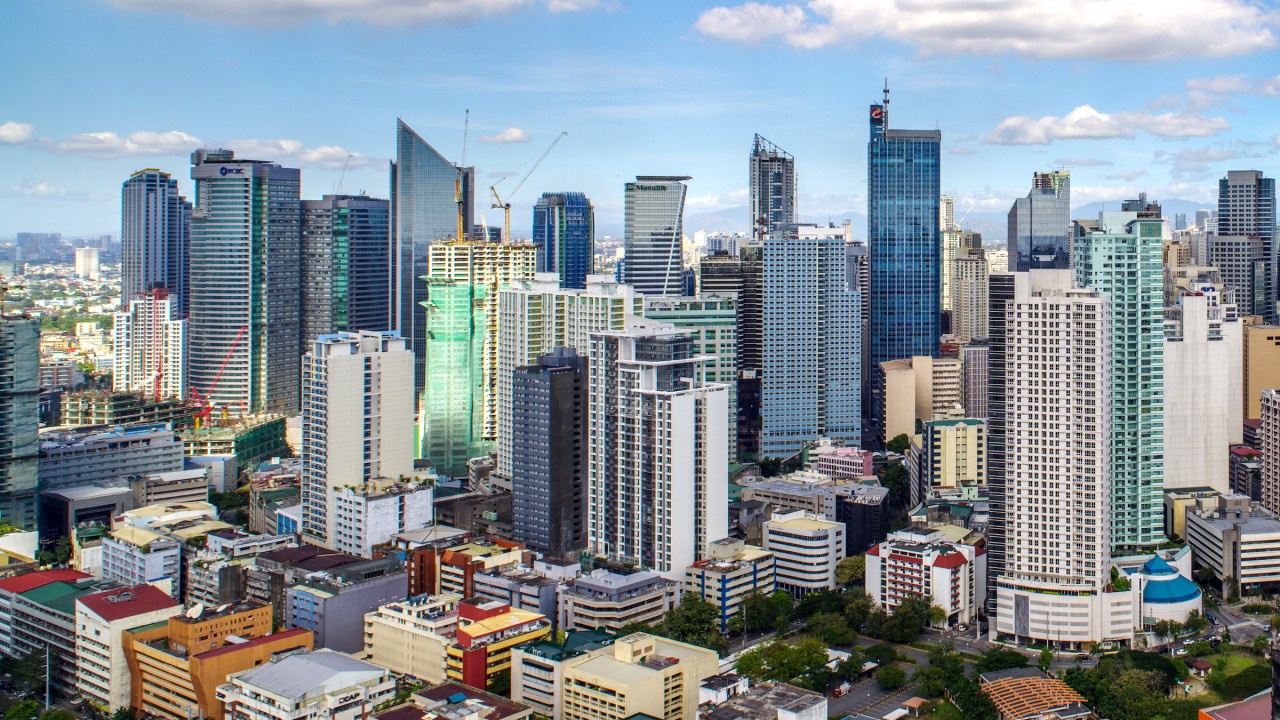The Philippines has moved to counter persistent trade unrest by reducing its benchmark interest rate. The Bangko Sentral ng Pilipinas (BSP) lowered its target reverse repurchase rate by 25 basis points to 5.5%. This is part of the central bank’s bid to spur economic growth amid global uncertainties and domestic trade issues.
The move is intended to bring relief to consumers and businesses, stimulate consumption and investment amid increasing inflationary pressures and geopolitical tensions. By cutting the interest rate, the BSP aims to reduce borrowing costs and spur domestic demand, which is crucial for the country’s post-pandemic recovery.
Analysts say the BSP rate cut indicates a dovish policy tone, with suggestion that the central bank can further lower interest rates in the coming months if the economic environment remains weak. The monetary easing is also interpreted as a move to insulate the economy from external shocks, such as those emanating from disruptions in international trade.
The Philippines has been struggling to contend with trade volatility amid disruptions to the global supply chain and volatile commodity prices, which have taken a big toll on its economy. With this aggressive interest rate cut, the central bank hopes to boost the economy’s resilience and act as a buffer against external trade volatility.





